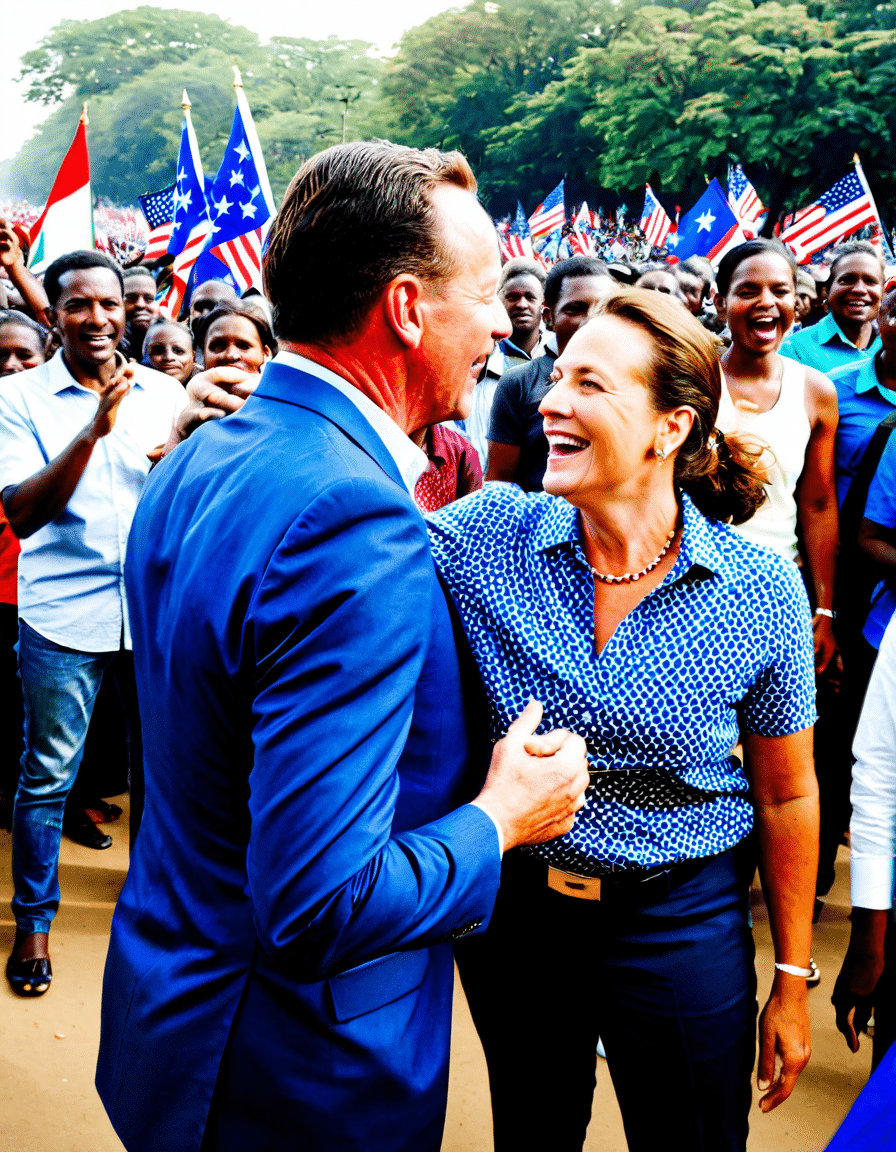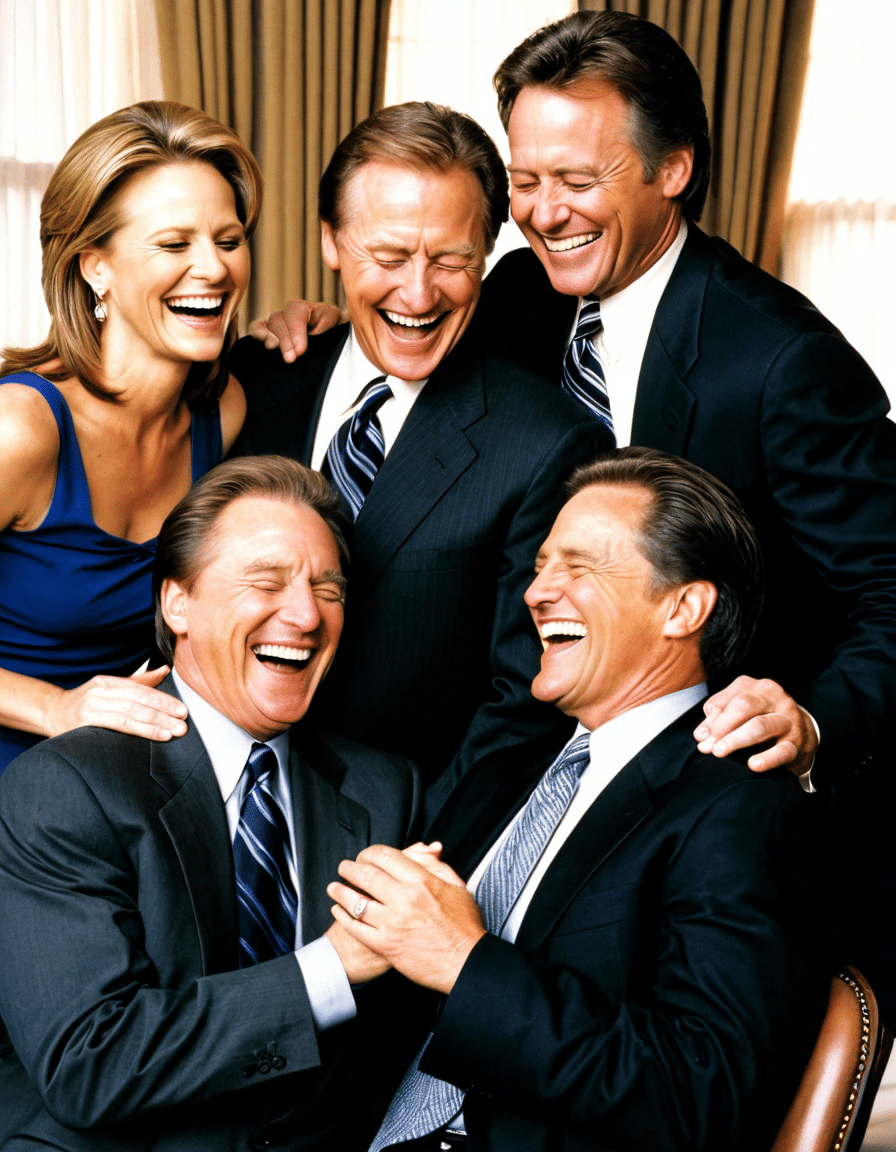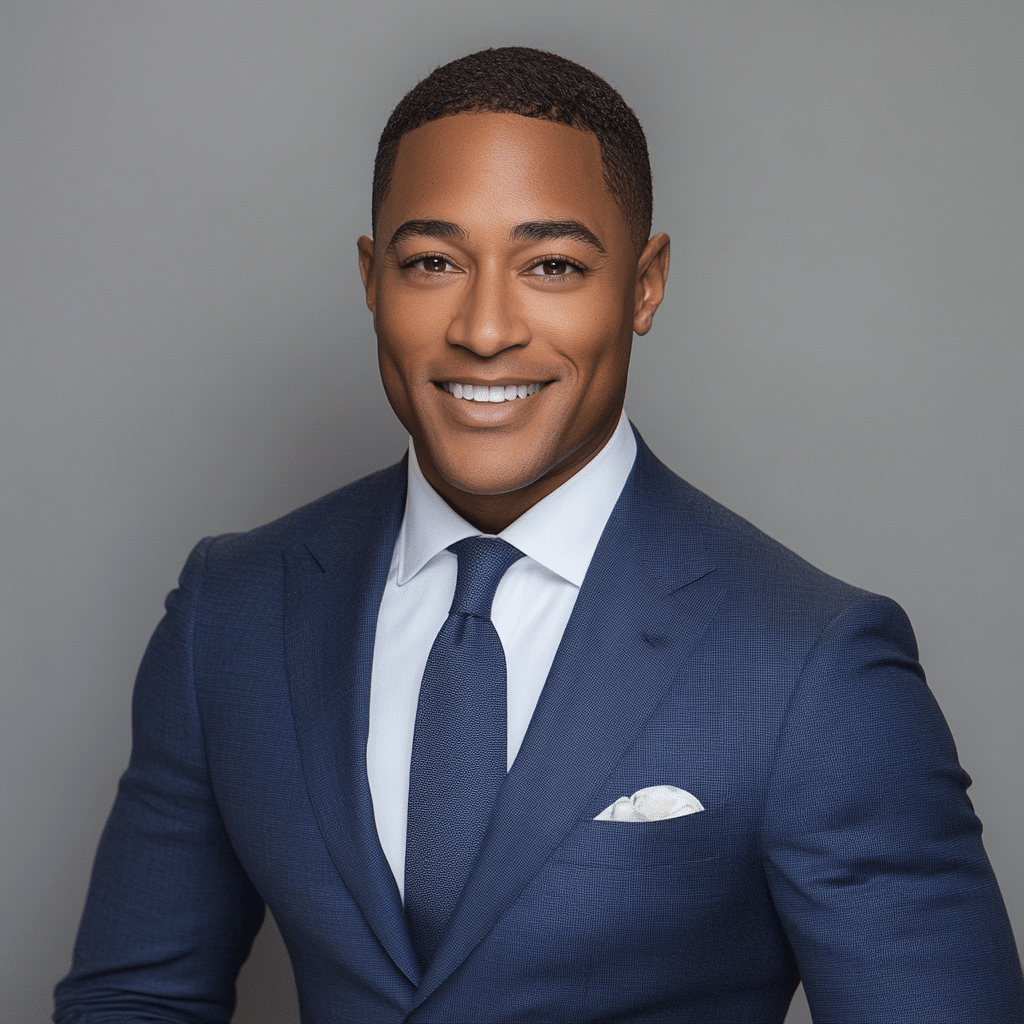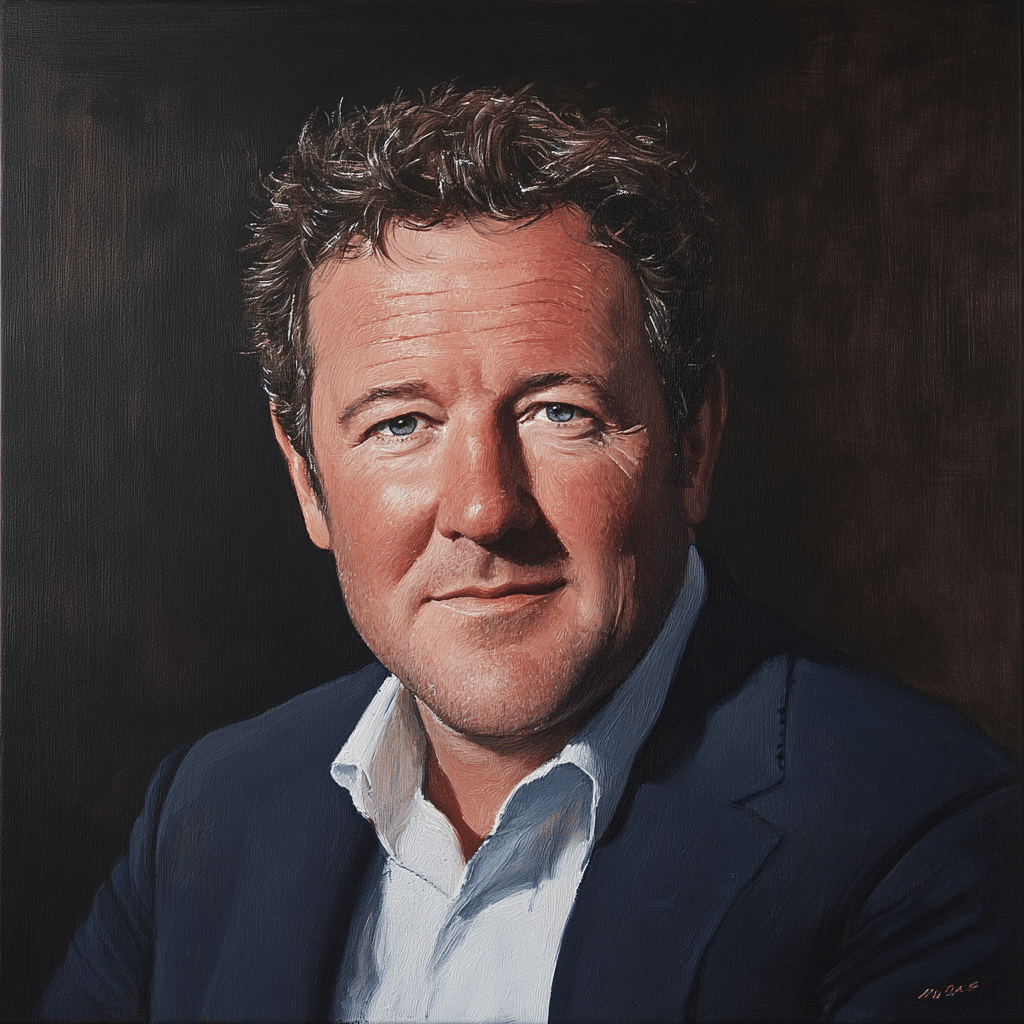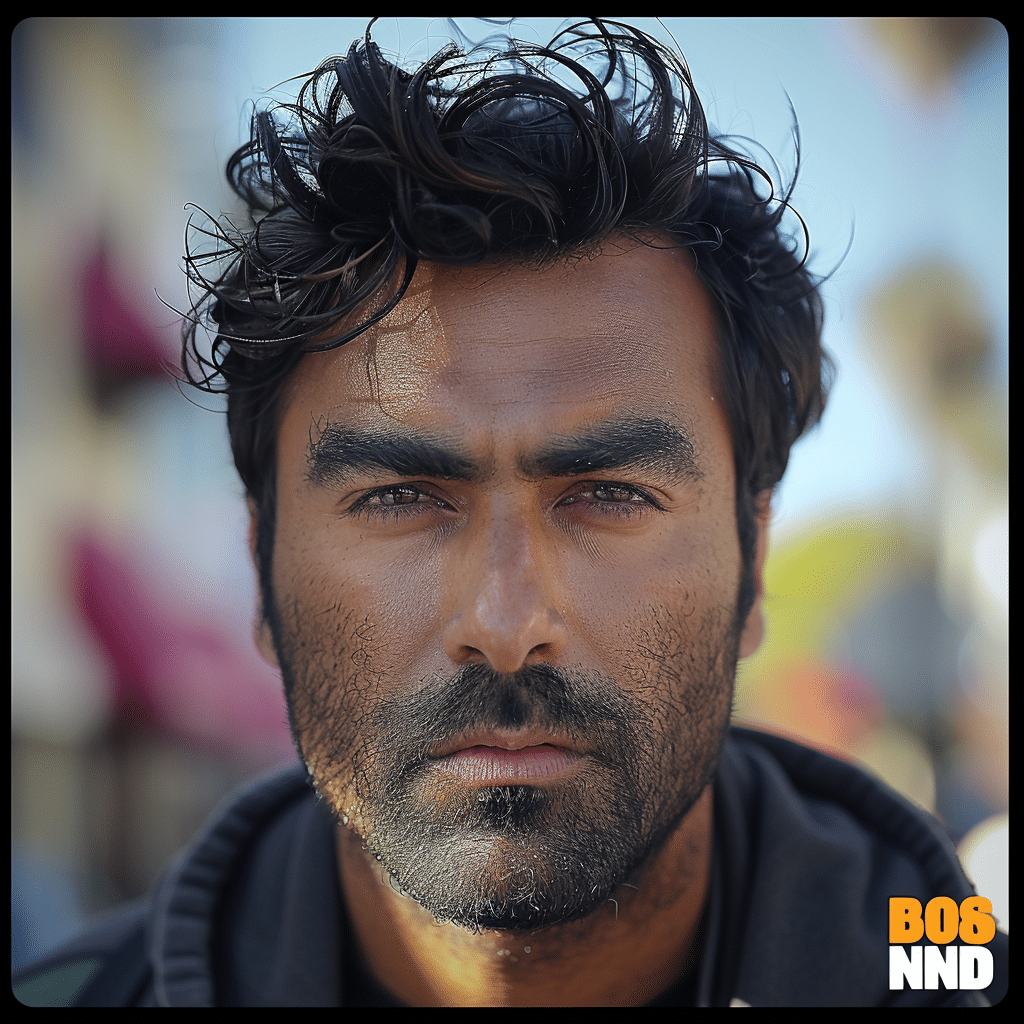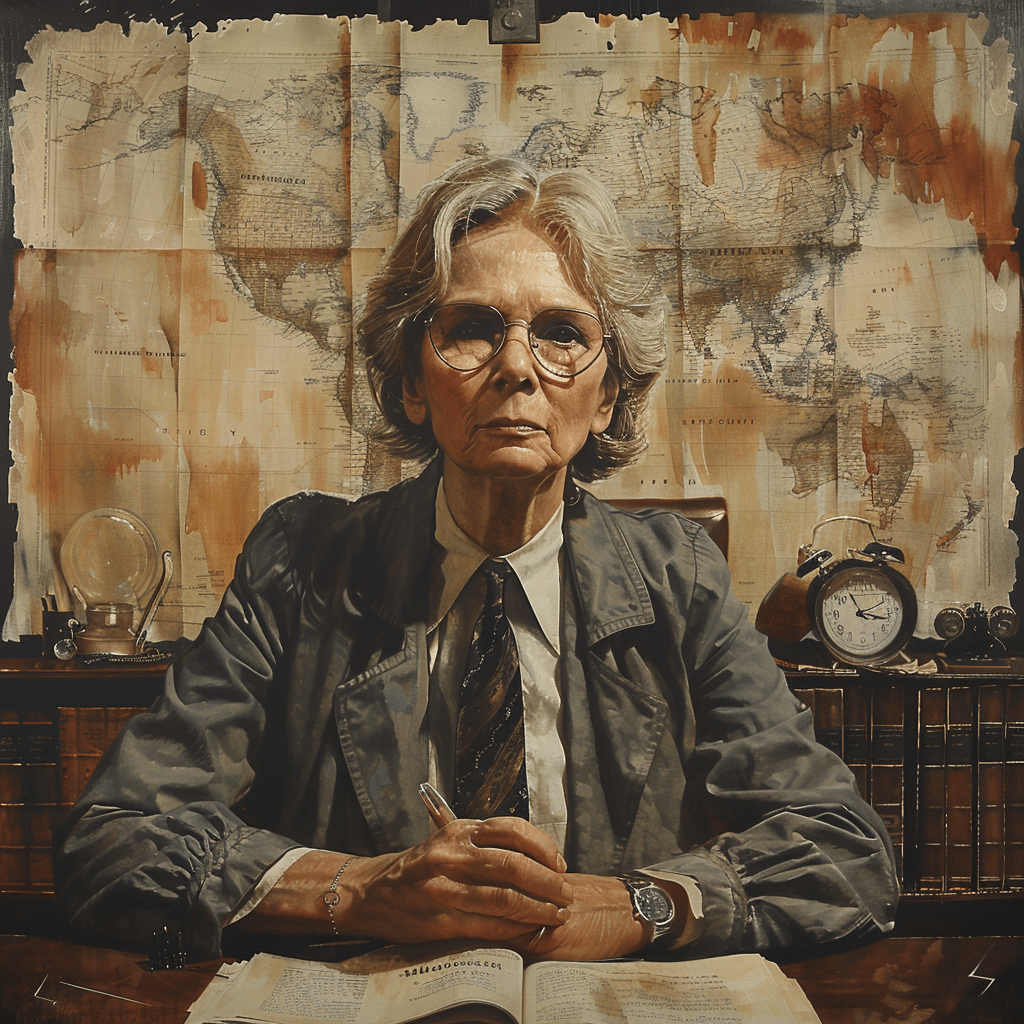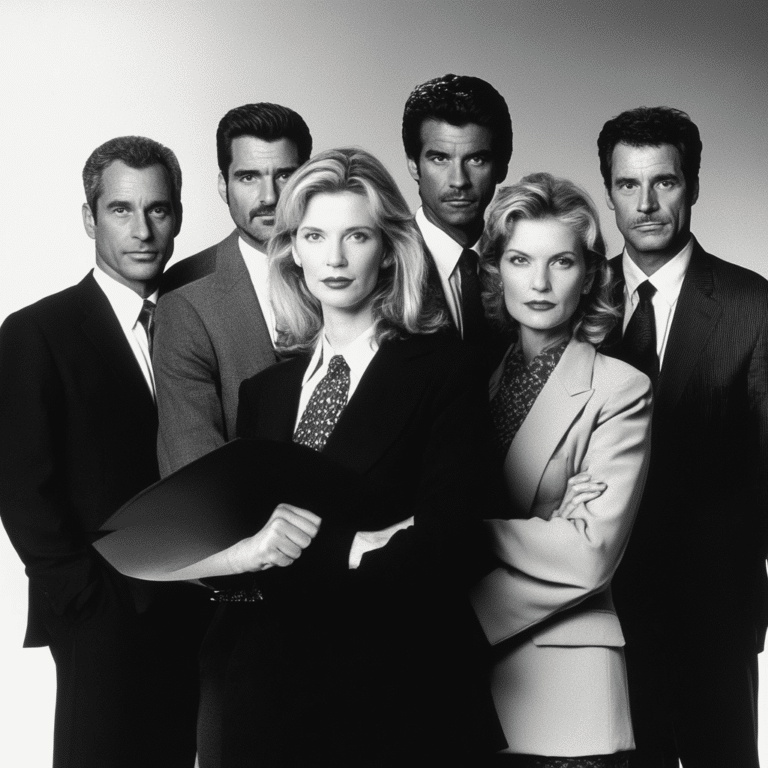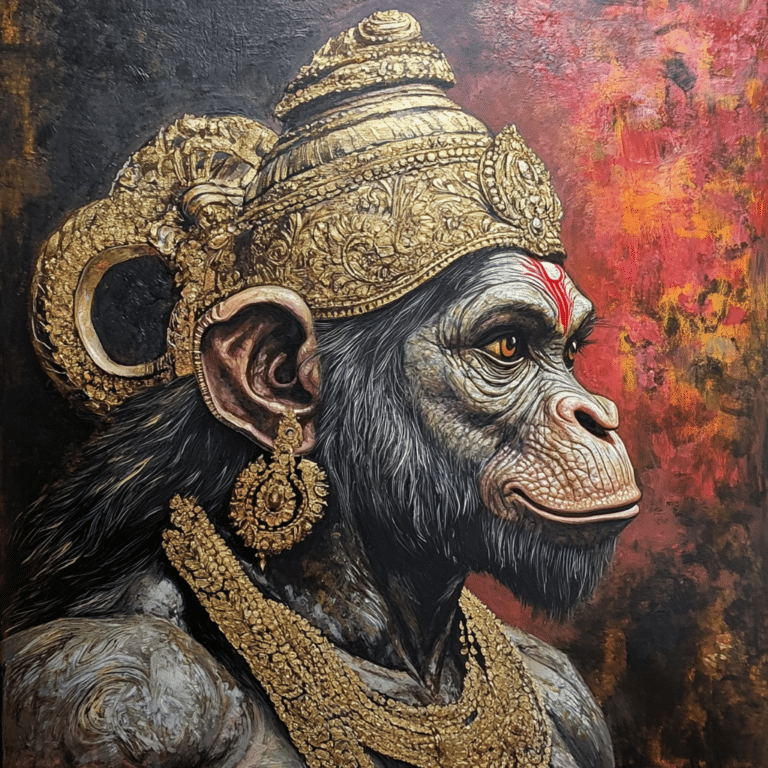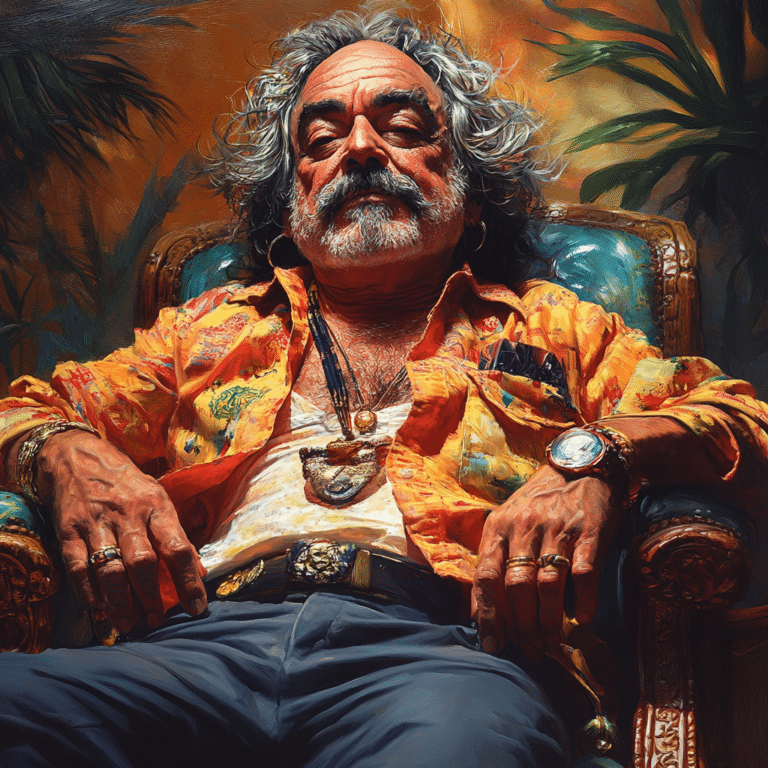When you think about a designated survivor, what springs to mind? If you’re like most folks, you might picture a high-stakes political thriller or the latest movie featuring dramatic speeches and covert operations. But here’s the kicker: the role of the designated survivor is no Hollywood fantasy. It’s a real and vital position within our government that ensures the continuity of leadership during unforeseen crises. Buckle up, because we’re diving into the astonishing truths behind this fascinating role!

The Role of the Designated Survivor: A Closer Look
The designated survivor isn’t just a plot twist; it’s a crucial cog in the governmental machine. Imagine a State of the Union address, members of the Cabinet lined up and flashing winning smiles, the President delivering a speech about the country’s future. It’s a moment of unity, but lurking in the background is someone—the designated survivor—prepared to carry the torch if disaster strikes. This role is crucial for national security, acting as a safety net in times of chaos.
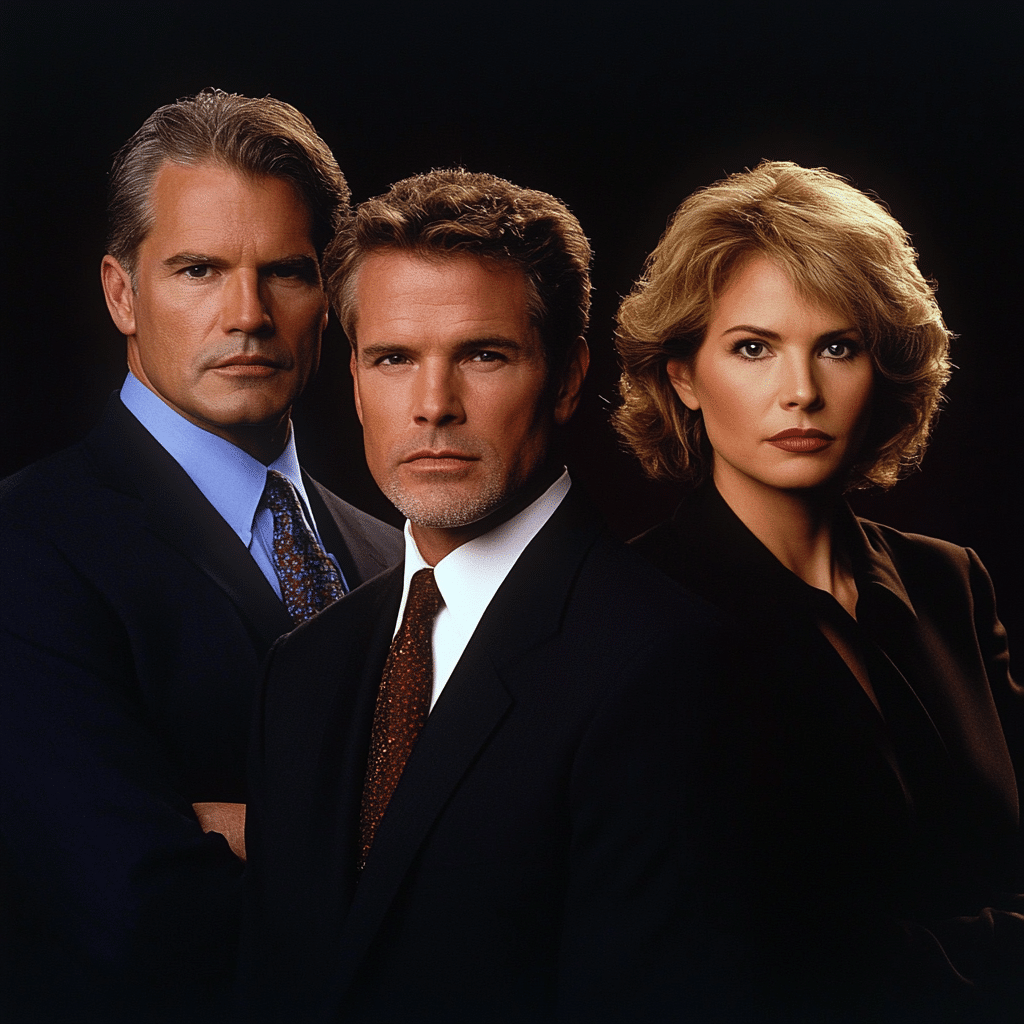
1. Historical Context: Defining the Designated Survivor
So, where did this important role come from? The roots of the designated survivor stretch back to the Cold War when fears about nuclear threats were at an all-time high. Richard Nixon’s administration took the first steps toward formalizing this essential protocol. It didn’t gain much attention until the chaos of September 11, 2001, underscored the need for a leader to emerge from the shadows in an emergency. This historical backdrop shows just how intertwined national security and political protocols are.
Digging deeper, the evolution of the designated survivor highlights the responsiveness of government systems to societal fears. It’s fascinating to see how this role has transitioned with our understanding of threats, from nuclear to cyber challenges. Knowing how far we’ve come puts today’s fears into perspective; our leaders are adapting, and the designated survivor is a significant part of that evolution.

2. Political Theatre: The Dramatic Portrayal of Designated Survivors
Now, let’s face it—politics can be a bit of a circus at times. Shows like “Designated Survivor” thrive on this drama. Kiefer Sutherland’s character, Tom Kirkman, isn’t just a figment of creative writing; he embodies the immense pressure faced by real-life designated survivors. While the show takes liberties, it raises essential questions about accountability and moral dilemmas in high-stakes situations.
The moral choices characters make can resemble the tough decisions faced by actual public officials. Wouldn’t you find it wild to step into the role of a leader when the world feels like it’s crumbling around you? While Kirkman’s decisions are fictional, the weight they carry isn’t. His journey showcases the complexities of leadership in unique times—making the designated survivor more relatable than you may have thought!
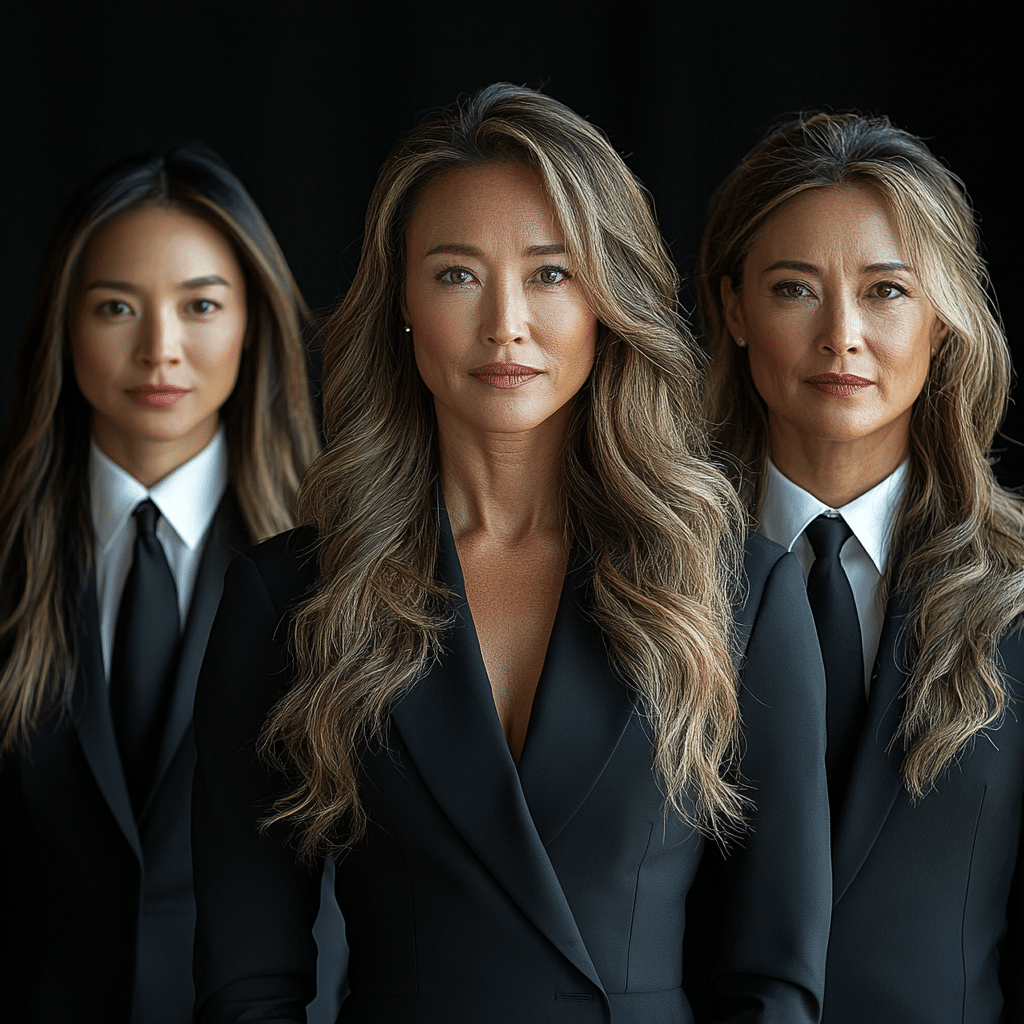
3. Notable Designated Survivors in History
You’d be surprised by some of the notable figures who’ve held the designated survivor role. Let’s spotlight a few:
These individuals exemplify how unexpected circumstances can elevate someone from the sidelines into the spotlight. History shows us that the designated survivor isn’t just a name on a list; they can steer the ship when disaster looms.
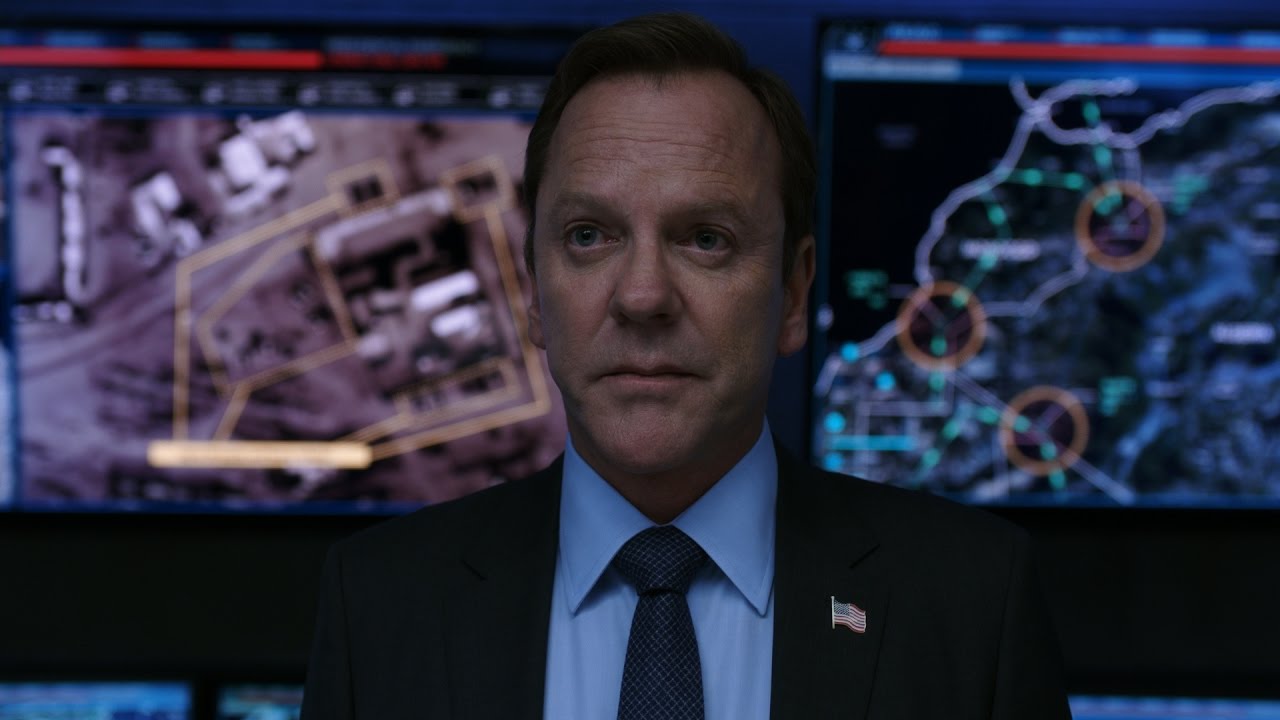
4. Risks and Responsibilities: The Burden of Being a Designated Survivor
Imagine being chosen as a designated survivor: one day you’re in a meeting discussing National Security, the next day, you might have to lead a nation. The weight can be overwhelming. These individuals grapple with the heavy burden of representation and the potential fallout of a crisis. They’re tasked with ensuring public safety while grappling with their absence from the spotlight.
The psychological toll can’t be understated. Picture this—you’re sitting in a secure location, perhaps a bunker, while history unfolds without you. Being “presumed innocent” of political blunders doesn’t lighten that load. These leaders often find themselves in positions where every decision could change the nation’s course, necessitating sharp instincts and quick thinking.
5. The Selection Process: How a Designated Survivor is Chosen
Selecting a designated survivor is less random lottery and more tactical chess game. Typically, a high-ranking official from the Cabinet is chosen. Factors include political stability, public image, and proven leadership. This process reflects the government’s commitment to a diverse array of viewpoints essential for democratic representation.
Interestingly, the criteria for selection continue to evolve. As modern challenges arise, those responsible for designating a survivor seem increasingly focused on how well candidates can handle unprecedented global issues. The selection process represents a balancing act between confidence and caution, ensuring that the “presumed innocent” individuals chosen possess the skill set needed to lead in emergencies.
6. Future Implications: Evolving the Role of Designated Survivors
Let’s not forget that the world is changing—fast! Cyber warfare and global health crises have reshaped the landscape of national threats. As a result, the role of the designated survivor might expand or adapt in the future as governments respond to these emerging dangers. It’s a fascinating prospect, as today’s designated survivor could be tomorrow’s cyber war strategist.
The rapid evolution requires significant shifts in how survivors are chosen—emphasizing technology and modern expertise alongside traditional leadership qualities. These changes may fundamentally alter how “presumed innocent” leaders operate in crises, pushing them to align with new realities.
7. Public Perception and the Designated Survivor
Let’s talk perception! In this digital age, how the public views designated survivors influences their effectiveness. Scrutiny is at an all-time high, thanks to social media. It’s a double-edged sword; while accountability fosters trust, it can also obstruct needed decisions during emergencies. Just ask any celebrity on a PR tour—one misstep and it’s all over.
This interaction with the public has far-reaching effects. If the people see transparency and decisive leadership, they’ll likely embrace the designated survivor’s role, which leads to a more resilient democracy. On the flip side, hesitancy or miscommunication under pressure may raise ire, stirring anxiety just when calmness is key.
In conclusion, the role of a designated survivor is often seen as a footnote in political dramas, but it’s crucial for our safety and stability. The layers of historical context, cultural portrayals, and essential responsibilities make it clear that individuals in these roles are not just placeholders. Instead, they’re well-prepared, “presumed innocent” leaders ready to act when the chips are down. As the challenges our world faces evolve, so too must our understanding of these pivotal roles—proving that in the chaos, every individual holds the potential to influence history.
Designated Survivor: Behind the Curtain
What Does a Designated Survivor Really Do?
Ever wondered what exactly a designated survivor is? In short, it’s a member of the U.S. Cabinet who’s kept safe during events like the State of the Union, just in case a catastrophe happens. Talk about a wild job! Imagine being isolated like an evil eye bracelet, meant to ward off trouble while the rest of the team is in danger. To add a twist, the role was thrust into popular culture with shows like “Designated Survivor, where Kiefer Sutherland nails the part of a normal guy suddenly tasked with running the country. Who knew a regular Joe in a suit could bear such a hefty load?
It gets more fascinating: the concept is said to date back to the Cold War. Think of it as a safety net to maintain leadership when everything goes sideways. This role may sound as essential as breakfast at Tiffany’s—there to kickstart the day with some serious style. Without a designated survivor, the government would face an enormous gap, similar to what would happen if the Power Rangers didn’t show up to save the day.
Fun Facts About Designated Survivors
Let’s toss in some trivia! For instance, while most designated survivors keep a low profile, some have gone on to have rather glamorous lives. Take Padma Lakshmi, who has ties to influential circles, reminding us that not all designated survivors fade into the woodwork. Additionally, did you know the first designated survivor was President Eisenhower’s man? They were quite the steady hands back in the day. It may be akin to how a best sex game heats up—there’s excitement and strategy involved!
Speaking of excitement, in a quirky twist, some designated survivors have become household names, showcasing their versatility. When looking at actors like Tony Dow and models like Elle Macpherson, who’ve had unexpected turns in their careers, it’s clear these roles are everywhere—much like the beloved Sandy Cheeks in the animated world, reminding us to embrace fun while being prepared! So, whether you’re munching on Special K cereal or diving into the life of a designated survivor, remember that it’s a role marked by as much drama as it has real-life implications.
